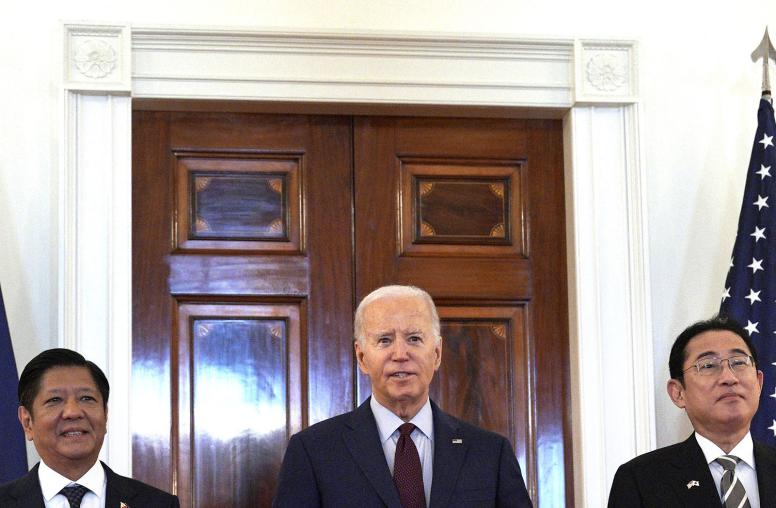The Road to Washington’s NATO Summit
USIP Expert Study Group Report on NATO and Indo-Pacific Partners
Increased engagement between NATO and partner countries in the Indo-Pacific — Australia, Japan, South Korea and New Zealand — is taking shape amid Russia’s war against Ukraine, NATO’s growing appreciation for the cross-regional investment in Euro-Atlantic security, and important structural changes in the international system, including the return of strategic competition. As Washington prepares to host the next NATO Summit this July, the deterrence, information exchange, interoperability, and other advantages of collaboration between U.S. allies in the Euro-Atlantic and U.S. allies and partners in the Indo-Pacific are once again in the spotlight.
To better understand these changes and what they mean for U.S. security, USIP convened a study group of experts from Australia, Europe, Japan, South Korea, New Zealand and North America. The group’s final report discusses Indo-Pacific partners’ perspectives on NATO, as well as the dynamics of NATO and Indo-Pacific partner relations.
On April 22, USIP hosted a discussion on NATO’s relations with its Indo-Pacific partners ahead of the July 2024 summit and the benefits and interests that have led the United States to support the development of these partnerships over time.
Continue the conversation on social media using the hashtags #Road2NATO and #NATOSummit.
Confirmed Participants
Lise Grande, opening remarks
President and CEO, U.S. Institute of Peace
Kurt M. Campbell, keynote remarks
Deputy Secretary, U.S. Department of State
Stephen J. Hadley, moderator
Former Chair, Board of Directors, U.S. Institute of Peace
Douglas D. Jones
Deputy Assistant Secretary for European and Eurasian Affairs, U.S. Department of State
Ellison S. Laskowski
Senior Advisor for East Asian and Pacific Affairs, U.S. Department of State
John Manza
Former NATO Assistant Secretary General for Operations
Mirna Galic
Chair, USIP Expert Study Group on NATO and Indo-Pacific Partners



